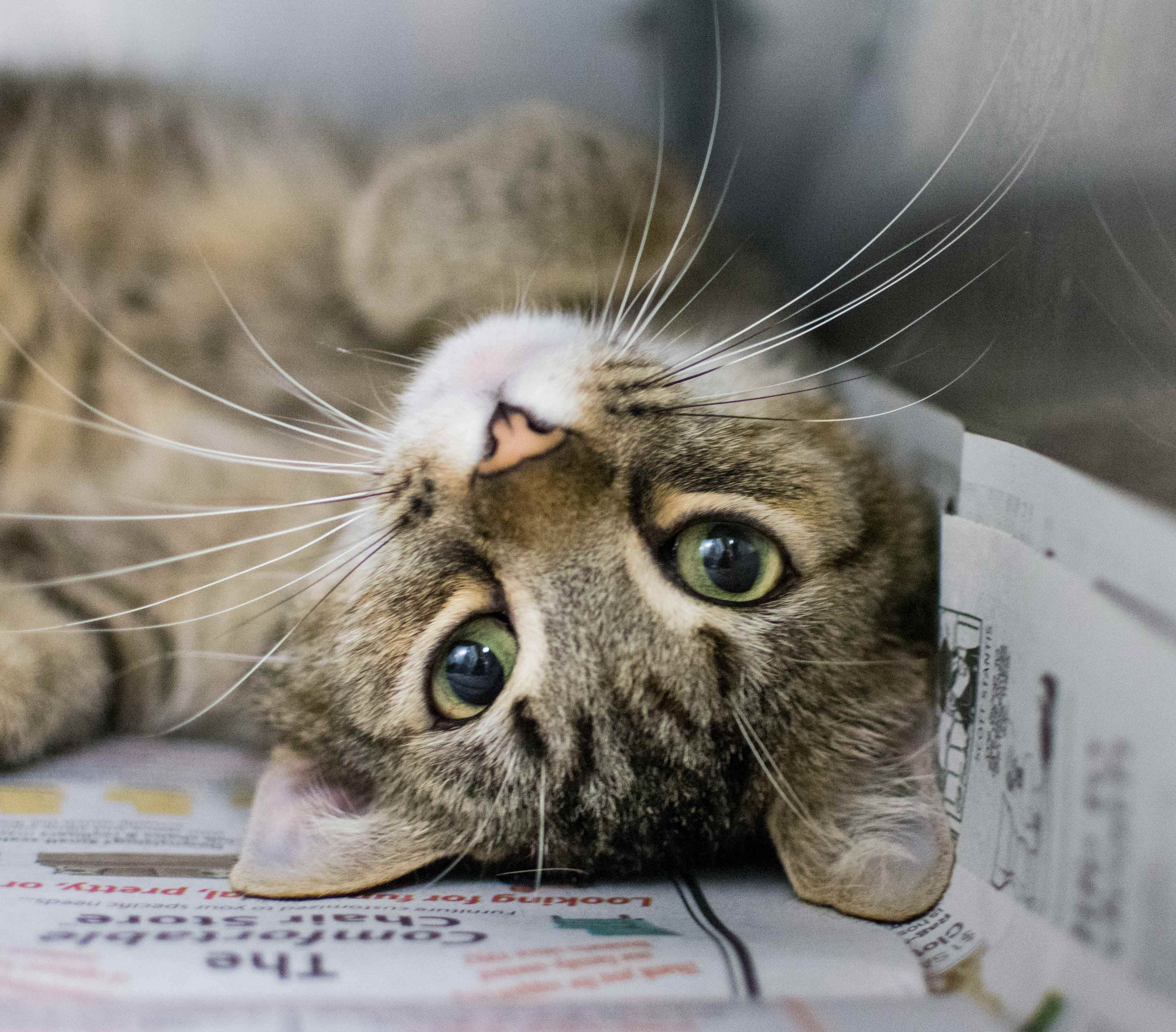The Sentinel’s unused papers are donated each week to the Lifeline Animal Project, a nonprofit organization that uses them to meet the hygiene, cushion and insulation needs of the animals they house.
The organization, founded in 2002, is dedicated to stopping the euthanization of treatable and healthy animals in the Atlanta area. In 2013, the project assumed control of managing the DeKalb and Fulton County Animal Services Shelters. Since that date, Lifeline has raised the live-release rates of these shelters to nearly no-kill levels.
“We want to ensure that Atlanta can reach and sustain its status as a no-kill community by keeping more animals from being surrendered to shelters … and allowing every adoptable animal that does to find a forever home,” Lifeline Public Relations Director Karen Hirsch said.
If a shelter is able to save 90 percent of all of its animals, it is considered to be achieving a no-kill level. According to Hirsch, the remaining 10 percent accounts for animals too sick or injured to mount a recovery, animals too aggressive for adoption and those ordered by the court to be put down.
In 2012, before Lifeline got involved, the save rate of DeKalb County Animal Services was 61 percent. As of 2018, the save rate has increased to 87 percent. Even more drastically, the save rate of Fulton County Animal Services jumped from 39 percent in 2012 to 86 percent in 2018, according to Hirsch, who added that the adoption numbers at both shelters have also increased by 300 percent.
Lifeline’s success can be largely attributed to their multiple community outreach events.
“We’ve brought innovative programs to the shelter … Lifeline on the Beltline walks, pajama parties, putting adoption profiles on Tinder and Bumble and [creating] goat yoga classes,” Hirsch said.
Other outreach opportunities for Lifeline include “bringing kittens to corporate offices, bringing shelter long-timers and elderly animals to employee appreciation days, holding regular adoptions in local businesses — pet stores, brewpubs, restaurants, coffee shops, and more — going on TV with shelter pets, [and hosting] kitty discos and pet birthday parties,” Hirsch said.
Lifeline has programs in place to prevent animals from the need to shelter. Healthy Pets DeKalb and Healthy Pets Fulton are animal care events hosted by Lifeline that give spaying and neutering vouchers, free vaccinations, food, microchips, county registration, collars and leashes to as many residents as possible.
In May, Lifeline plans to open a 25,000 square-foot community animal center. This will grant the program space to give up to 20,000 animals per year access to affordable veterinary care. The new center is expected to save time and money by allowing Lifeline to provide dental work, x-rays, minor surgeries and diagnostics without any outside veterinary intervention, according to Hirsch, who explained that all of this work was previously outsourced.
Students who wish to donate to Lifeline can do so at lifelineanimal.org/how-to-help/ways-to-give/our-wish-list, where community members are encouraged to donate items such as old towels, sheets and blankets that could make a difference to animals in need.
Those interested in volunteering with Lifeline can visit lifelineanimal.org/how-to-help/volunteer and fill out the volunteer form.


